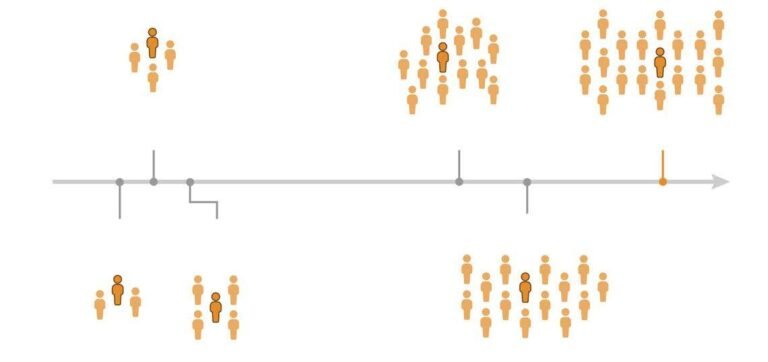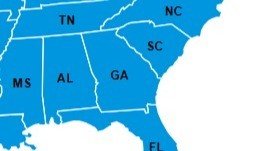Report Compares North Carolina to California on Health, Crime, and Economic Indicators
RALEIGH, NC — A viral social media post from political account Trump Tracker is drawing attention to the stark differences between North Carolina and California in key public health and socioeconomic indicators — and the numbers aren’t flattering for the Tar Heel State.
The comparison, aimed at Governor Gavin Newsom but reverberating nationally, presents a data-driven snapshot of how North Carolina ranks lower than California in several critical areas — from life expectancy to crime rates and income levels.
Key Metrics: North Carolina vs. California
Here’s how the two states stack up, according to the report:
-
Life Expectancy
-
California: 79 years
-
North Carolina: 76 years
-
-
Obesity Rates
-
California: 27%
-
North Carolina: 38%
-
-
Infant Mortality Rate (per 1,000 births)
-
California: 4.1
-
North Carolina: 6.9
-
-
Violent Crime Rate (per 100,000 residents)
-
California: 499.1
-
North Carolina: 530.7
-
-
High School Graduation Rate
-
California: 87%
-
North Carolina: 80%
-
-
Average Income
-
California: $95,000
-
North Carolina: $63,000
-
-
Poverty Rate
-
California: 10%
-
South Carolina (not NC): 15%
-
Although the last data point references South Carolina rather than North Carolina, the overall picture suggests California outperforms North Carolina across a wide range of quality-of-life indicators.
Broader Implications for Policy Debates
The numbers have fueled renewed debate over governance models, with some progressives highlighting California’s investment in public health and education, while conservatives argue that cost of living and homelessness in California remain major problems that offset any statistical wins.
Still, for North Carolina leaders, the data poses challenges — particularly for those seeking to cut taxes, reduce healthcare coverage, or resist education spending reforms.
“It’s a gut check for North Carolina,” said one Raleigh-based policy analyst. “If we want to compete nationally, we can’t ignore the basics — health, safety, and economic mobility.”
Political Ramifications in 2026 Elections
With North Carolina preparing for a high-stakes 2026 Senate race and possible battleground status in 2028, these numbers could be used by both sides.
Democrats may argue the Republican-led legislature is failing on key quality-of-life issues. Meanwhile, conservatives could counter by focusing on California’s urban decline and exodus of residents, framing these numbers as incomplete without context.
One political consultant put it bluntly:
“Data is only part of the story. But right now, that part isn’t looking good for North Carolina.”
Do you think North Carolina is heading in the right direction — or falling behind states like California? Share your thoughts in the comments on saludastandard-sentinel.com and join the state’s most pressing public debate.







